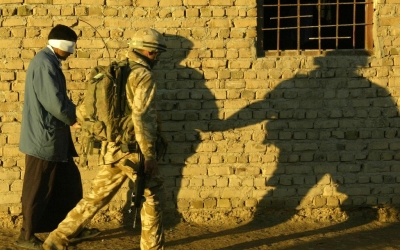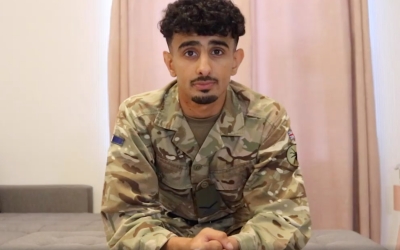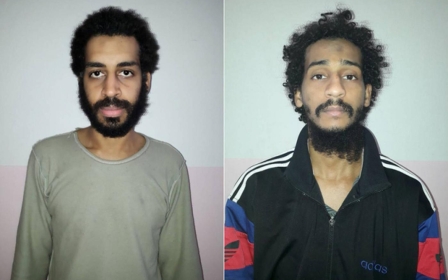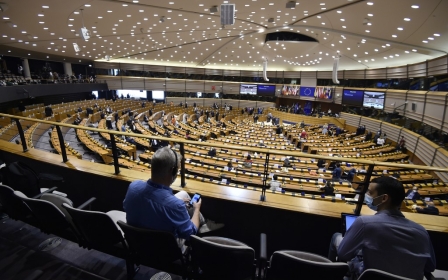UK troops to be shielded from torture prosecutions under proposed law
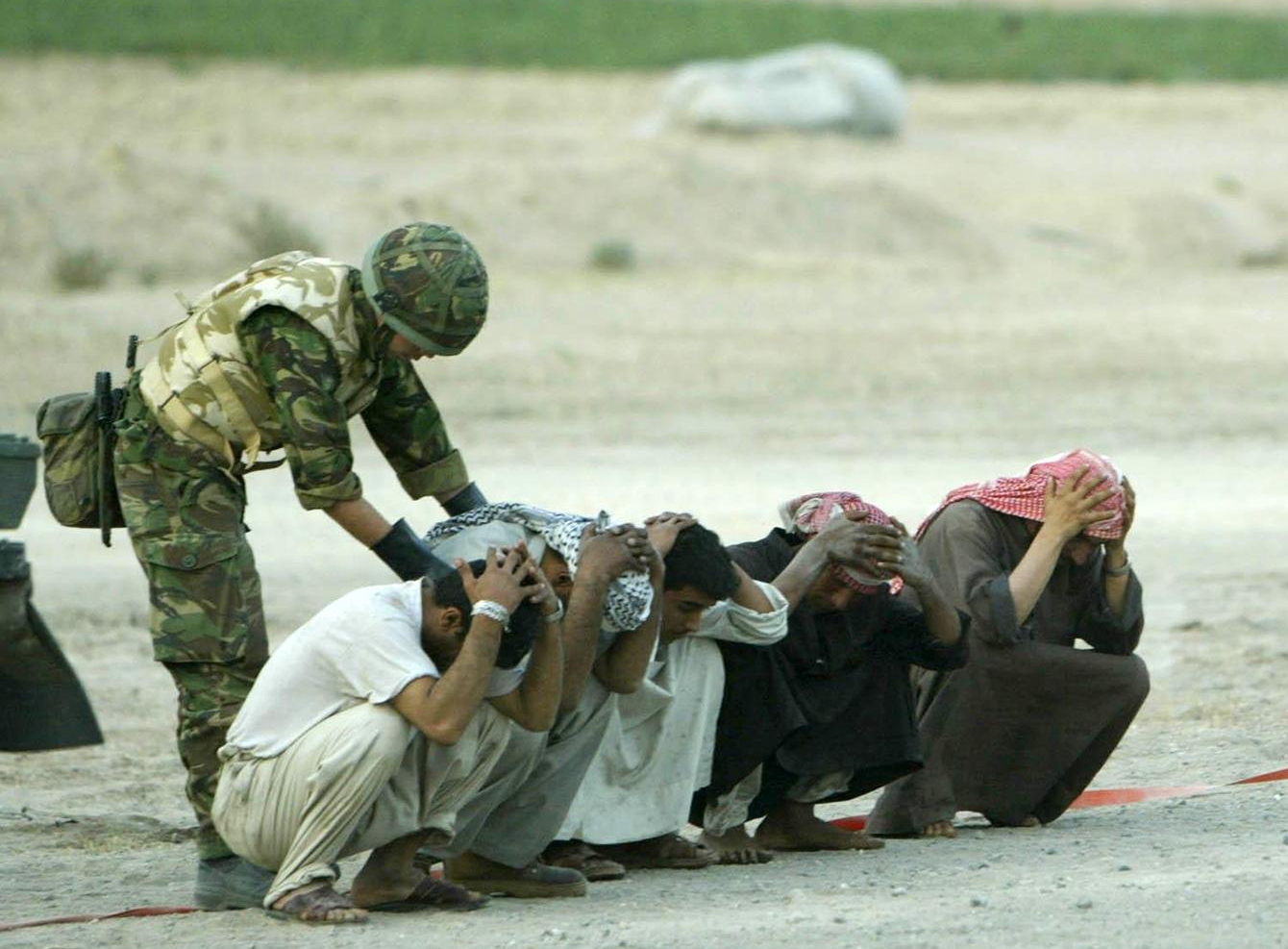
Members of the UK parliament have voted to back a new law proposing to protect the country's servicemen and women from prosecution for murder or torture which occurred five years or more before an allegation is formally made.
The move has sparked concern among human rights groups and senior former soldiers that the law would damage the country's international reputation, encourage young service personnel to mistreat or kill prisoners, and possibly make it more likely that some could be brought before the International Criminal Court in the Hague.
New MEE newsletter: Jerusalem Dispatch
Sign up to get the latest insights and analysis on Israel-Palestine, alongside Turkey Unpacked and other MEE newsletters
As well as dividing opinion among veterans, the Overseas Operations Bill has divided members of parliament from the ruling Conservative Party.
One Conservative MP, David Davis, a former Cabinet minister and ex-Territorial Army soldier, said he was "deeply troubled by government plans to decriminalise torture by British personnel", adding: "We do not beat [our enemies] by matching their brutality. We beat them by being better."
However, the Bill was voted through to its next stage by a large majority of members of parliament on Wednesday evening.
Earlier, they had heard Ben Wallace, the UK defence secretary, say it was important that British forces were able to concentrate on "the operations in hand" when deployed overseas and "not on whether they will have a lawsuit slapped on them when they get home".
Ending 'chances for justice'
The UK's Ministry of Defence (MoD) has condemned what it decries as unscrupulous "lawfare" - a claimed tendency for human rights lawyers to launch post-conflict litigation on behalf of individuals who were affected by the wars in Iraq and Afghanistan, and by the 30-year conflict in Northern Ireland known as the Troubles.
Supporters of the Bill are also angry that a small number of former soldiers accused of the unlawful killing of Iraqi civilians following the 2003 invasion have faced repeated criminal investigations, some of them dragging on for years.
Because the Bill concerns only overseas operations, the Northern Ireland conflict is excluded from its provisions, although Wallace told MPs on Wednesday that further measures were being planned to cover Northern Ireland.
Opponents of the proposed new law say its supporters' claims that it is intended in part to end "vexatious" compensation cases against ex-soldiers are disingenuous, because such cases are always brought against the MoD itself, and not individual service personnel.
However, opponents are more concerned by the criminal law clauses in the Overseas Operation Bill, which propose a "presumption" against prosecution for any offences other than rape or sexual violence; a five-year statute of limitation for any such prosecutions; and the permission of the attorney general before any case could proceed.
One opposition Labour member of parliament, Dan Jarvis, a former officer in the British army's parachute regiment, said soldiers had faced multiple criminal inquiries because military investigations had proved inadequate - and the proposed new law did nothing to fix that problem.
'An international embarassment'
A number of experts in the laws of armed conflict have raised concerns that the proposed measures would violate international law, by undermining the Geneva Conventions and the United Nations Convention Against Torture.
The country's most senior former soldier, Charles Guthrie, a field marshal who served as both Chief of the General Staff and Chief of the Defence Staff, has written to the press to complain, saying: "These proposals appear to have been dreamt up by those who have seen too little of the world to understand why the rules of war matter.
"If we start down the slippery slope of arguing that rules apply to others, but not to ourselves, it is we who will suffer in the end."
Earlier this month Guthrie wrote to Boris Johnson, the UK prime minister, to protest, along with Malcolm Rifkind, a former UK defence and foreign secretary, and the UK's former head of military prosecutions, Bruce Houlder, saying the Bill's provisions would be an "international embarrassment".
The UK's most senior military judge, Jeffrey Blackett, has also said he has "significant concerns", and has warned that, in future, police and prosecutors may focus on war crimes when investigating service personnel, rather than offences under UK law.
A number of public inquiries have established that UK forces used unlawful interrogation techniques in both Iraq and Afghanistan, in breach of the UN torture convention.
Some critics of the Overseas Operations Bill say they suspect the MoD is anxious to avoid any prosecutions of interrogators that could lead to uncomfortable questions being asked of the department's ministers, senior officials and lawyers.
The Bill will need to get through a number of other stages, and be debated by the UK parliament's upper chamber, the House of Lords, before returning to members of parliament, before it becomes law.
Middle East Eye delivers independent and unrivalled coverage and analysis of the Middle East, North Africa and beyond. To learn more about republishing this content and the associated fees, please fill out this form. More about MEE can be found here.


